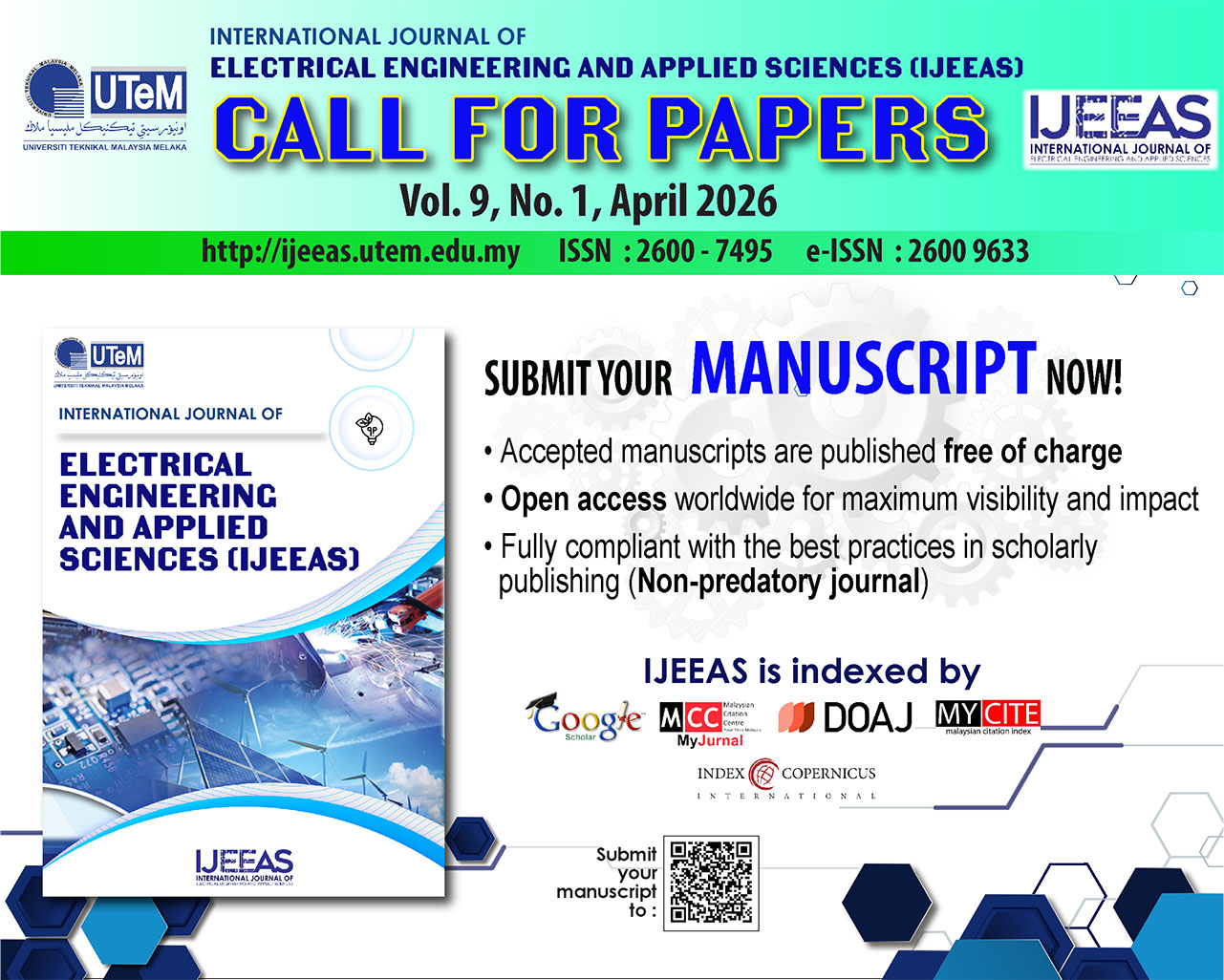Intelligent Control Rod Selection Algorithm for Core Power Control at TRIGA PUSPATI Reactor Using Fuzzy Logic Technique
DOI:
https://doi.org/10.54554/ijeeas.2025.8.01.009Abstract
The TRIGA PUSPATI Reactor (RTP) serves as Malaysia's primary research reactor, supporting a range of nuclear applications. A critical element in its operation is the control rod selection algorithm (CRSA), which regulates reactor power and ensures stability. The conventional CRSA (cCRSA), however, faces challenges in managing transient operations and achieving precise steady-state control due to fluctuations in control rod worth. To address these issues, a new fuzzy logic-based control rod selection algorithm (Fuzzy-CRSA) has been developed and validated through MATLAB simulations. This Fuzzy-CRSA approach provides a more flexible and resilient method for controlling the reactor’s four types of rods. By optimizing rod selection and movement, Fuzzy-CRSA achieves faster response times and greater stability compared to the cCRSA, with improvements in rise time from 0.57% to 27.67% and in settling time from 3.14% to 25.88%. These results highlight Fuzzy-CRSA’s capability to more effectively meet the RTP’s power requirements, enhancing reactor performance and supporting Malaysia’s nuclear research progress.
Downloads
Downloads
Published
How to Cite
Issue
Section
License
Authors who publish with this journal agree to the following terms:
- Authors retain copyright and grant the journal right of first publication with the work simultaneously licensed under a Creative Commons Attribution License that allows others to share the work with an acknowledgement of the work's authorship and initial publication in this journal.
- Authors are able to enter into separate, additional contractual arrangements for the non-exclusive distribution of the journal's published version of the work (e.g., post it to an institutional repository or publish it in a book), with an acknowledgement of its initial publication in this journal.
- Authors are permitted and encouraged to post their work online (e.g., in institutional repositories or on their website) prior to and during the submission process, as it can lead to productive exchanges, as well as earlier and greater citation of published work (See The Effect of Open Access).







